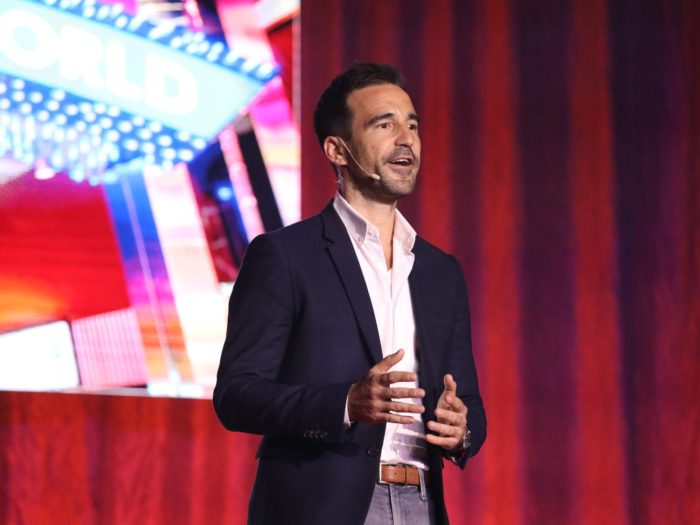In the past 10 years, organizations have come to the realization that in order to win the war for talent — and attract the most capable and skilled employees and leaders — they must find a way to unlock diversity.
This means having an inclusive leader and creating a culture of inclusion, where people with different demographic and psychological backgrounds feel valued
by Tomas Chamorro-Premuzic for Industry Insider / Tomas Chamorro-Premuzic is the chief talent scientist at ManpowerGroup, a professor of business psychology at University College London and at Columbia University
photo Courtesy of Tomas Chamorro-Premuzic
This means having an inclusive leader and creating a culture of inclusion, where people with different demographic and psychological backgrounds feel valued — not by blending in or showing high levels of culture fit — but by providing a different perspective to reduce the homogeneity of attitudes, values, and beliefs and keeping groupthink and decision-making biases in check.
How does one build an inclusive culture? Although there is no simple answer to this question, we at least know what the most important factor in the equation is: leadership.
Culture is primarily the result of the values of the leader. As Plato noted in The Republic: “Societies aren’t made of sticks and stones, but of men whose individual characters, by turning the scale one way or another, determine the direction of the whole.”
The main question we should try to answer is why certain leaders are more likely to create an inclusive culture. Fortunately, scientific research provides a great deal of evidence to answer this question, and there are three specific traits that stand out.
Curiosity
No trait might be as instrumental in enabling leaders to create a culture of inclusion as curiosity. Curious leaders are more interested in other people, particularly when they are different from them. They are less likely to hire people who are just like them, and more eager to understand why people think the way they do — especially when they don’t agree with them.



